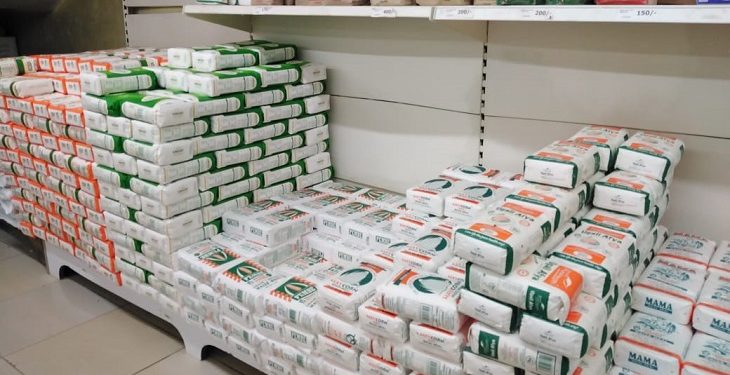We must avoid further debt, arrest soaring food prices
By Raphael Obonyo, October 17, 2022Kenyans are living in extreme hardships out of a conspiracy of a number of issues. The worst include the high cost of living, especially on food, in the wake of the removed subsidies, prevailing drought affecting over 4 million people, bleeding coffers, and the expected rise of oil prices that will add more pain.
Although the new government has demonstrated political goodwill to tackle the prevailing situation, the gravity of the crisis calls for urgent measures to ease the distress poor Kenyans are experiencing. The issue of cutting down the cost of non-essential expenditures by government departments should be a conscious decision by those in charge and must take effect immediately.
Cutting costs on travel should also be embraced and public service providers encouraged to leverage technology to transact business. These include holding workshops and conferences in institutions the government owns or virtually.
Covid 19, which prompted the economic lockdown that minimized physical contact offered vital lessons about how people can work without meeting. Although the private sector has maintained some of the innovations that made it possible to work during the pandemic that lasted for two years, the same cannot be said of the public sector.
The government should avoid wastage of resources and seal revenue loss loopholes to an extent that those with huge salaries can be encouraged to take pay cuts. As a short-term measure, government should consider assisting extremely poor households financially by using transfers and subsidies for important goods and services – to help citizens mitigate the impacts of rising prices.
The government should also consider exploring the factors of production to look at how it can give incentives to those in food manufacturing to bring down their operating costs, benefits of which they should transfer to the end consumer. This includes looking into ways of working more with the private sector, which plays a central role in feeding the nation.
With a debt-to-gross domestic product ratio of 68 per cent, the government is in a tough situation to finance the country’s previous loans without further borrowing. One option would be to cut the government’s staggering wage bill. The provision of consultancy services in areas considered less essential and the issues such as the training of government employees can be pushed forward.
The previous government concentrated its efforts on big infrastructure projects such as the new roads, power supply, and railway, which may not necessarily make a lot of sense if they are built in isolation and without integrating other social-economic aspects, especially in rural set-ups.
Value addition of our agricultural produce, which would create jobs and increase earnings, has been a huge missing link for decades. For instance, tea, one of our main foreign earners is exported raw where it is used to blend other inferior teas produced by importing countries.
Agriculture was among the first functions to be devolved to county governments. It is now evidently clear that there are a lot of areas in which both the national and county government must work jointly to help the sector in taking off.
The resources devolved to the counties have not been sufficient in supporting agriculture. The proper transition of what the national government was doing in agriculture to counties was not done properly.
Until recently when there are reforms going on in the agricultural sector as a national government initiative, most of our agricultural sectors have been on the decline- cashew nuts, coffee, sugarcane, tea, maize, and so on.
— The writer is a Public Policy Analyst
More Articles

